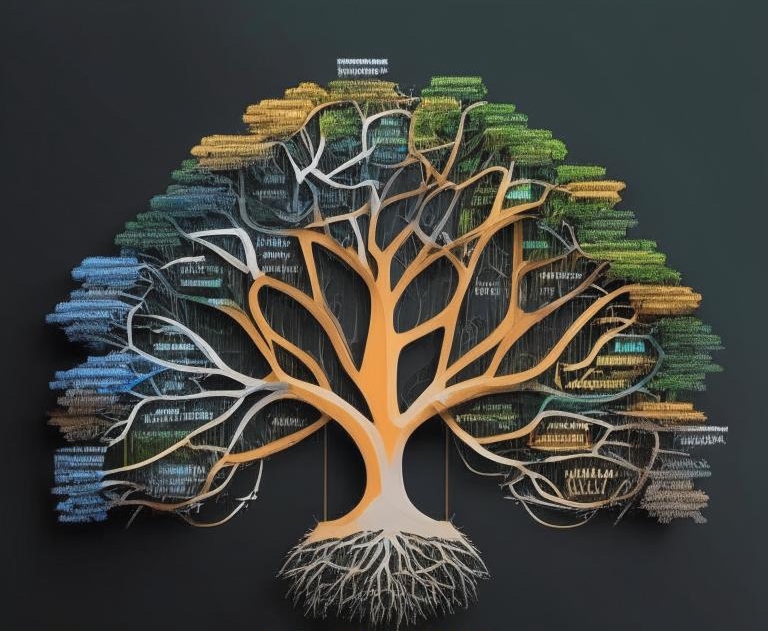Information Systems
by Oleg Sovetnik
Let’s look at information systems such as content management systems (CMS), knowledge management systems, and document management systems. These systems play a key role in collecting, organizing, storing, and disseminating data and knowledge within organizations and the public sphere. Various sociological theories can be applied to analyze these systems, each highlighting important aspects of their functioning and interaction with users.
-
Content Management Systems (CMS): Systems for creating, managing, and publishing digital content (websites, blogs, media platforms).
-
Knowledge Management Systems: Systems that help companies preserve, distribute, and manage corporate knowledge.
-
Document Management Systems: Software solutions for automating document flow and managing documents within an organization.
Possible Sociological Theories for Information Systems:
- Actor-Network Theory (ANT) (Bruno Latour)
Actor-Network Theory views technologies and people as equal participants in a network. In information systems such as CMS or knowledge management systems, the interaction between users and technologies plays a key role. For example, a CMS can be seen as a network where content, editors, publishing tools, and the audience are in constant interaction.
From an ANT perspective, CMS systems and document management systems are complex networks of actors, where each entity (person, document, interface) plays a role and influences the entire system’s operation. The Umwelt here describes how the system “sees” these interactions: how content is created and managed, how documents move between employees, how knowledge is transmitted and transformed.
- Structuration Theory (Anthony Giddens)
Structuration theory describes how structures (rules and resources) and actions (user interaction with the system) mutually shape each other. In content and knowledge management systems, this manifests when users create content and adapt to the system’s rules, such as templates and available resources.
From the perspective of structuration theory, a CMS can be seen as structures that set the rules for content creation and management but also depend on the actions of users who imbue the system with meaning. The Umwelt of these systems captures the relationship between structure and action: how users create content and how the system adapts to these actions, regulating format and style.
- Institutionalization Theory (Paul DiMaggio and Walter Powell)
Document and knowledge management systems often formalize established processes and norms within an organization. Institutionalization theory describes how technologies and practices become an integral part of the organizational structure, standardizing behavior and processes.
From this theory’s perspective, document management systems can be seen as institutionalized technologies that reinforce and maintain document workflow standards. The Umwelt reflects how the system perceives and structures document flow processes, helping the organization remain flexible in changing conditions while maintaining key standards.
- Knowledge Communication Theory (Thomas Schatzki)
Knowledge management systems are designed to formalize, preserve, and transfer knowledge within organizations. Knowledge communication theory focuses on how knowledge is transmitted and transformed in a social and technological environment.
The Umwelt of knowledge management systems represents a model that describes how knowledge is structured, preserved, and transmitted between users. It captures the ways of interacting with data and establishes rules that determine their use in various contexts, such as learning or decision-making.
For analyzing information systems, the most suitable theory is Actor-Network Theory (ANT). This theory allows viewing content management, knowledge management, and document management systems as complex networks of interactions between users, technologies, and data. ANT helps to better understand how various system components are interconnected and influence each other, which is especially important for describing the dynamic processes of working with information.
information structuration-theory institutionalization-theory structural-functionalism social-action actor-network knowledge-communication theory
